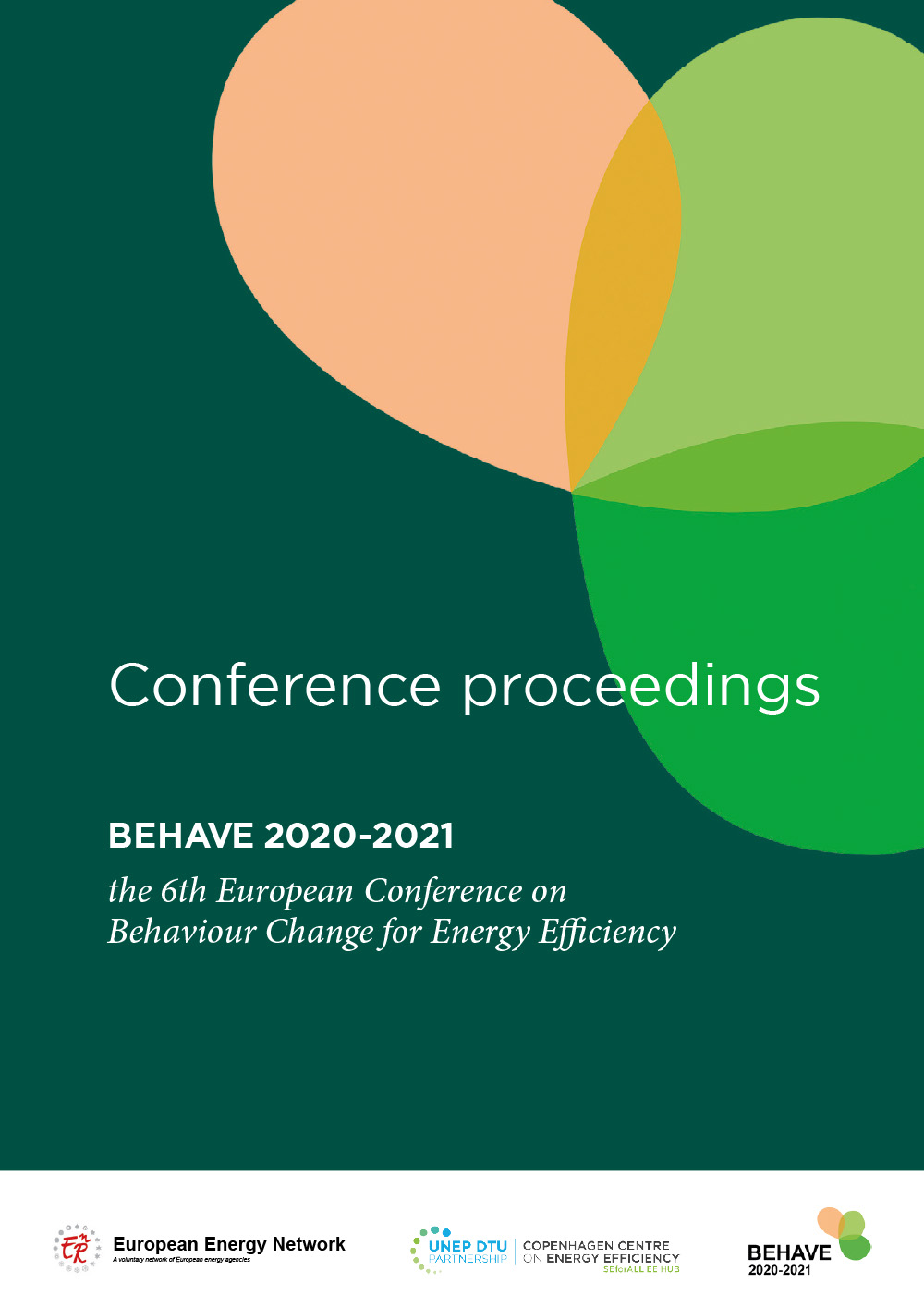The world community is increasingly recognizing the severe impacts of climate change and raising its levels of ambition in mitigating it. Countries, cities and businesses are announcing targets to reach net-zero emissions by the middle of the century or earlier and devising policies and technological innovations to achieve them.
The COVID-19 crisis has highlighted further the significance of sustainable development and the important role of behavioural change in addressing global problems. Behavioural insights and interventions have an important role in reducing global energy demand and ecological footprints and enabling the transition to carbon neutrality and sustainable energy. Through nudging, such interventions can be achieved at low or even zero cost, while significantly increasing the effectiveness of policies and measures relating to energy efficiency, renewable energy and environmental protection.
For the first time the BEHAVE 2020-2021 Conference was moved online due to travel restrictions amid the COVID-19 pandemic. The Conference organizers of this edition are the EnR Network, the custodian of this event, and the Copenhagen Center on Energy Efficiency, the supporting organization for this year’s edition.
The BEHAVE 2020-2021 Conference continues to attract a high number of abstracts. This publication of the Proceedings aims to create institutional memory of the knowledge shared at the event. The Conference organizers have also negotiated a special issue of the journal Energy Policy, to which several authors have chosen to submit their full papers. This special issue is being produced under the title ‘Behavioral insights for sustainable energy use: theories, evidence and policy implications’, and it is expected to be published by December 2021.
This edition of the BEHAVE conference covers a diverse set of topics, from behavioural insights and interventions for buildings, transport and businesses to applications in developing countries and the use of digital solutions, among many other themes, as well as covering a large range of energy efficiency policies.
Behavioural economics and sciences are an emerging and interdisciplinary area of research. So far, most studies within it focus on developed countries. The organizers hope these findings and their methodologies will inspire more analysis and applications in further geographies, sectors and activities, as well as help motivate green and sustainable behaviour, thereby contributing to achieving low carbon and climate-friendly development.
